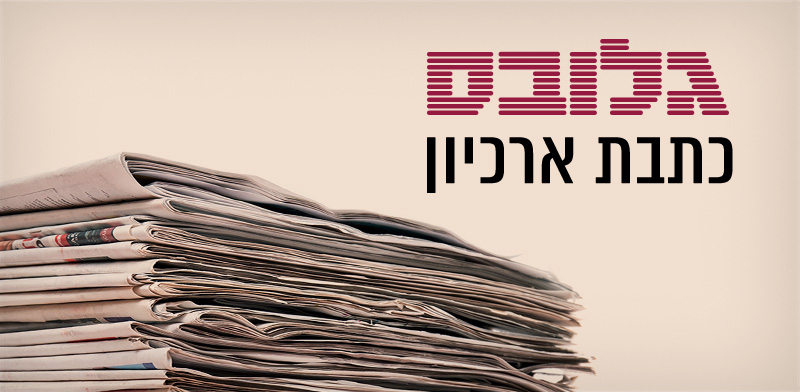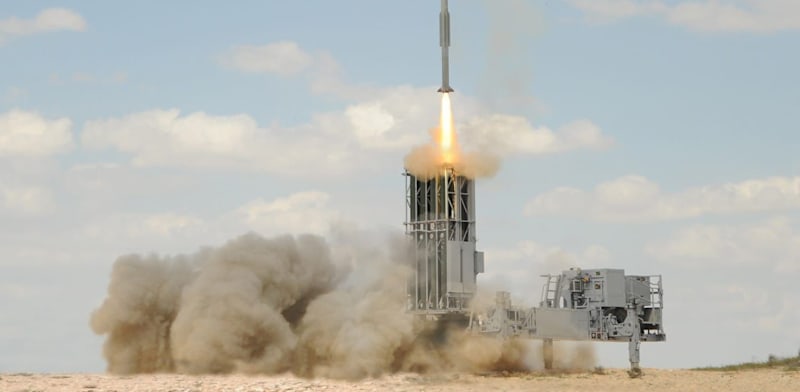ARTICLE AD BOX
Besides wanting to look like winners, Hezbollah have a tactical advantage in wintry weather.
More than 250 rockets were launched at Israel yesterday, triggering more than 500 sirens. There were direct hits in Petah Tikva, Kfar Kassem, Nahariya, and Haifa, and several people were injured. The reason for the large salvoes and the hits are the wintry weather, which interferes with the ability of the IDF to spot rocket launches and intercept them, and the extensive arsenal still held by Hezbollah in Lebanon. All this is against the background of negotiations on a ceasefire agreement in Lebanon, and Hezbollah’s desire not to appear weak at the end of the fighting.
"First of all, the rocket fire has diplomatic significance," says Dr. Yehoshua Kalisky, a senior researcher at the Institute for National Security Studies. "They want to show that they are not going to surrender, that they are on the ground, and that they are capable of firing as much as they want." Former commander of Israel’s air defenses Brigadier General Ran Kochav adds, "They are trying to establish a narrative of fighting and success until the last moment, while we want to improve the narrative of defeating Hezbollah. In the end, everyone is just offsetting losses."
Beyond the strategic questions, there is also the operational effect of the cloudy and rainy weather that visited the whole of Israel on Sunday. Dr. Kalisky says that bad weather has two effects. Wind and turbulence divert the missile or UAV from its course. If you want to intercept a missile with the Iron Dome system, you know the missile’s estimated trajectory, but the wind blows the missile and the interceptor off course, causing a miss.
That is not the end of the problems. "Clouds and fog affect detection. The interception systems have optical elements, and as soon as the weather is bad, those components don’t work well," says Dr. Kalisky. "Lightning also disrupts the electrical systems of the radar and the interceptor missile, and off course if snow or hail accumulates on the detection systems, that’s another problem." For Hezbollah’s rockets, all this makes little difference. "For the enemy, it’s not a problem. He has enough rockets, the arsenal is large, and they hit wherever they hit, but for us, accuracy is important in order to intercept them. In rough weather, the enemy therefore has an advantage," says Kalisky.
Kochav on the other hand says that with missiles and rockets, especially long-range ones, interception takes place at high altitude where the weather has less effect. "Even with the optical systems, their use is only towards the end of the process, which takes place at high altitude. The effect of the weather is marginal in comparison with UAVs and detecting flying objects," Kochav says.
RELATED ARTICLES
At any rate, he and Kalisky agree that when it comes to UAVs, the effect is large and significant. "They’re lightweight and easily blown off course, and the UAV starts to fly in unpredictable places. That sends a lot of people into shelters," says Kalisky. "The main problem of the bad weather is not rockets and missiles, but detecting and intercepting UAVs, which are much lighter, fly low and slowly, and the wind catches them," Kochav adds.
"We have to cope with the weather," Kalisky says, "and part of the security concept is knowing how to deal with this kind of scenario. We need systems that are proof against electric pulses from lightning, optical systems that are unaffected by weather conditions, and to develop software that takes into account temperature gradients, because they have an effect on the movement of electromagnetic waves in the atmosphere."
Published by Globes, Israel business news - en.globes.co.il - on November 25, 2024.
© Copyright of Globes Publisher Itonut (1983) Ltd., 2024.

 3 months ago
141
3 months ago
141







 English (US) ·
English (US) ·